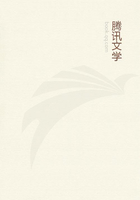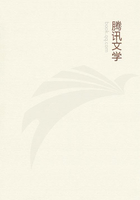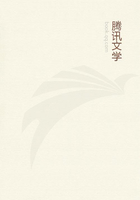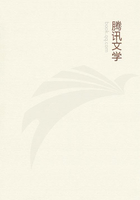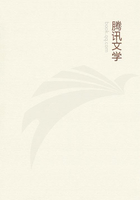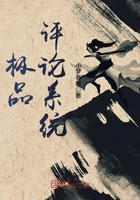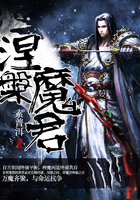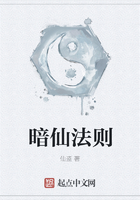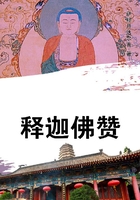In his hands the history of Rome unrolls before our eyes like some gorgeous tapestry, where victory succeeds victory, where triumph treads on the heels of triumph, and the line of heroes seems never to end. It is not till we pass behind the canvas and see the slight means by which the effect is produced that we apprehend the fact that like most picturesque writers Livy is an indifferent critic. As regards his attitude towards the credibility of early Roman history he is quite as conscious as we are of its mythical and unsound nature. He will not, for instance, decide whether the Horatii were Albans or Romans; who was the first dictator; how many tribunes there were, and the like. His method, as a rule, is merely to mention all the accounts and sometimes to decide in favour of the most probable, but usually not to decide at all. No canons of historical criticism will ever discover whether the Roman women interviewed the mother of Coriolanus of their own accord or at the suggestion of the senate; whether Remus was killed for jumping over his brother's wall or because they quarrelled about birds; whether the ambassadors found Cincinnatus ploughing or only mending a hedge. Livy suspends his judgment over these important facts and history when questioned on their truth is dumb. If he does select between two historians he chooses the one who is nearer to the facts he describes. But he is no critic, only a conscientious writer. It is mere vain waste to dwell on his critical powers, for they do not exist.
In the case of Tacitus imagination has taken the place of history.
The past lives again in his pages, but through no laborious criticism; rather through a dramatic and psychological faculty which he specially possessed.
In the philosophy of history he has no belief. He can never make up his mind what to believe as regards God's government of the world. There is no method in him and none elsewhere in Roman literature.
Nations may not have missions but they certainly have functions.
And the function of ancient Italy was not merely to give us what is statical in our institutions and rational in our law, but to blend into one elemental creed the spiritual aspirations of Aryan and of Semite. Italy was not a pioneer in intellectual progress, nor a motive power in the evolution of thought. The owl of the goddess of Wisdom traversed over the whole land and found nowhere a resting-place. The dove, which is the bird of Christ, flew straight to the city of Rome and the new reign began. It was the fashion of early Italian painters to represent in mediaeval costume the soldiers who watched over the tomb of Christ, and this, which was the result of the frank anachronism of all true art, may serve to us as an allegory. For it was in vain that the Middle Ages strove to guard the buried spirit of progress. When the dawn of the Greek spirit arose, the sepulchre was empty, the grave-clothes laid aside. Humanity had risen from the dead.
The study of Greek, it has been well said, implies the birth of criticism, comparison and research. At the opening of that education of modern by ancient thought which we call the Renaissance, it was the words of Aristotle which sent Columbus sailing to the New World, while a fragment of Pythagorean astronomy set Copernicus thinking on that train of reasoning which has revolutionised the whole position of our planet in the universe.
Then it was seen that the only meaning of progress is a return to Greek modes of thought. The monkish hymns which obscured the pages of Greek manuscripts were blotted out, the splendours of a new method were unfolded to the world, and out of the melancholy sea of mediaevalism rose the free spirit of man in all that splendour of glad adolescence, when the bodily powers seem quickened by a new vitality, when the eye sees more clearly than its wont and the mind apprehends what was beforetime hidden from it. To herald the opening of the sixteenth century, from the little Venetian printing press came forth all the great authors of antiquity, each bearing on the title-page the words [Greek text which cannot be reproduced]; words which may serve to remind us with what wondrous prescience Polybius saw the world's fate when he foretold the material sovereignty of Roman institutions and exemplified in himself the intellectual empire of Greece.
The course of the study of the spirit of historical criticism has not been a profitless investigation into modes and forms of thought now antiquated and of no account. The only spirit which is entirely removed from us is the mediaeval; the Greek spirit is essentially modern. The introduction of the comparative method of research which has forced history to disclose its secrets belongs in a measure to us. Ours, too, is a more scientific knowledge of philology and the method of survival. Nor did the ancients know anything of the doctrine of averages or of crucial instances, both of which methods have proved of such importance in modern criticism, the one adding a most important proof of the statical elements of history, and exemplifying the influences of all physical surroundings on the life of man; the other, as in the single instance of the Moulin Quignon skull, serving to create a whole new science of prehistoric archaeology and to bring us back to a time when man was coeval with the stone age, the mammoth and the woolly rhinoceros. But, except these, we have added no new canon or method to the science of historical criticism. Across the drear waste of a thousand years the Greek and the modern spirit join hands.
In the torch race which the Greek boys ran from the Cerameician field of death to the home of the goddess of Wisdom, not merely he who first reached the goal but he also who first started with the torch aflame received a prize. In the Lampadephoria of civilisation and free thought let us not forget to render due meed of honour to those who first lit that sacred flame, the increasing splendour of which lights our footsteps to the far-off divine event of the attainment of perfect truth.

